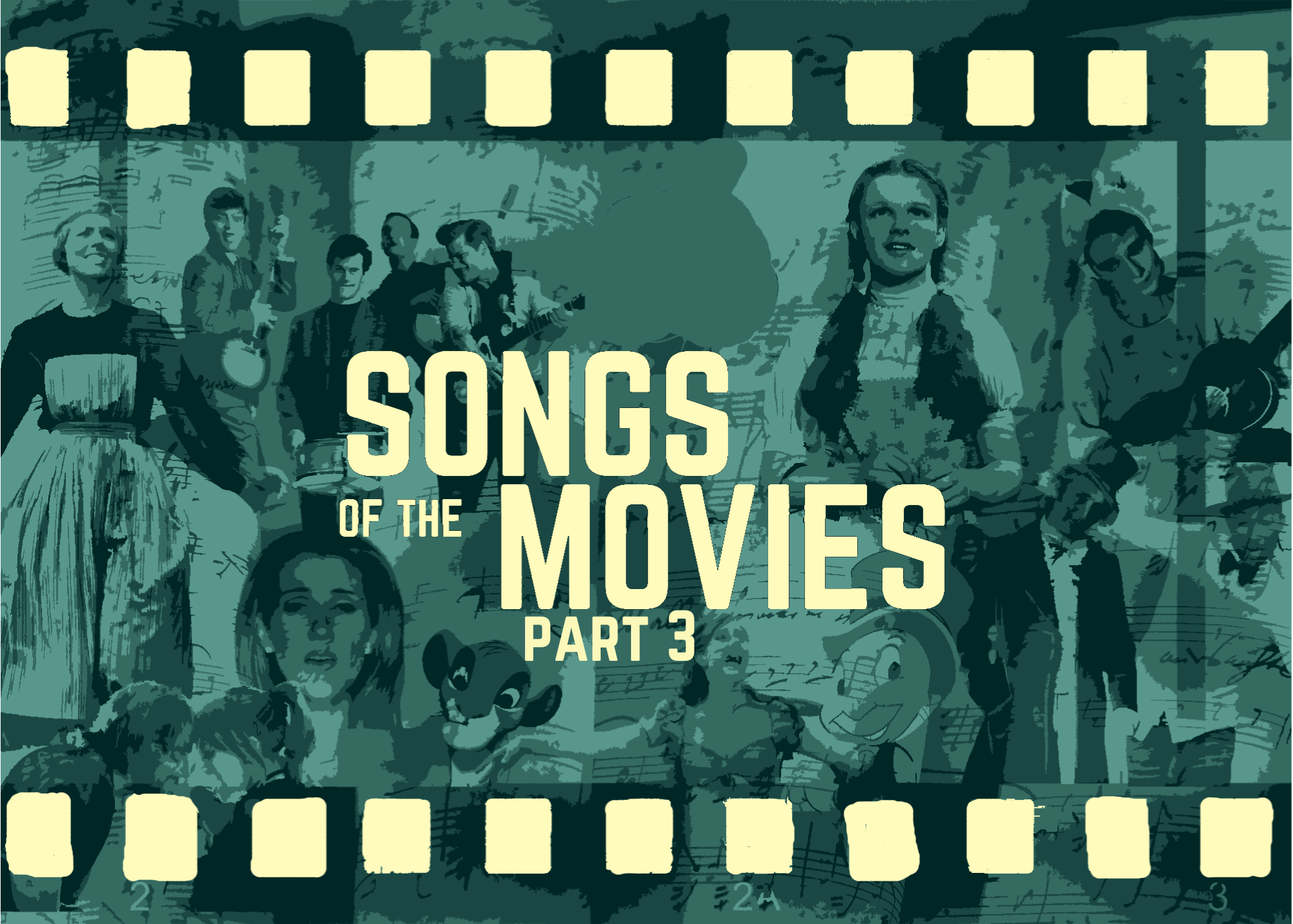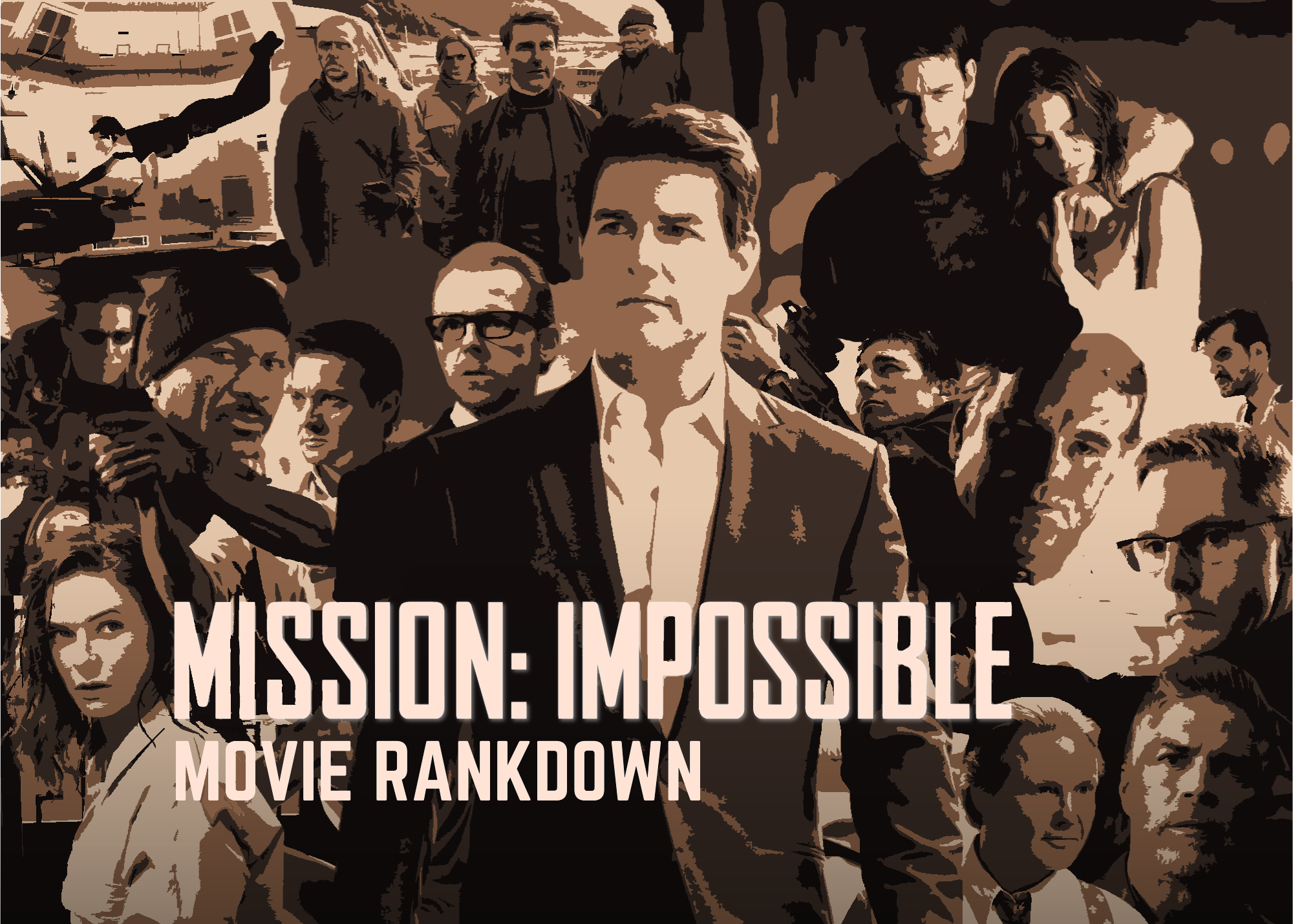Review: "The Creator" is a Visually Compelling, Emotionally Empty Sci-Fi Flick
Gareth Edwards' ambitious AI commentary is a solid but unfocused think-piece.
ModernFrom now until judgment day, it will be nearly impossible for creators to offer something new. We’ve contemplated, theorized, posited, and designed so many ideas, concepts, philosophies, and approaches that finding a story unlike any before is impossible.
In one sense, this is exhilarating. We’ve explored everything, which means we’ve mastered the craft and paired that mastery with all the technological advancements that spellbind. In theory, this should be the golden age for film because, by that logic, each generation should supplant the prior one for that title.
Yet, modern films feel lifeless and antiquated, reductive and plain. Perhaps, with so many distributors offering open market to more filmmakers than ever, it’s harder to filter out those not meant for greatness. Maybe creators are too sure of themselves, more concerned with seeing their vision through without compromise than accepting that teams function best when each player has a clearly defined role that suits their talents best.
It’s sad. Visually, The Creator offers many intriguing elements in a genre where attempts at something refreshing are often stale, even if those elements feel derivative and thus comparatively pale. It doesn’t have the photographic flair of Blade Runner, but its use of landscapes creates a genuine feeling of being in a world surged headfirst into the future. It never feels too distant because the set pieces don’t allow it. It’s rare for a film in the genre to feel so grounded in visual realism, at least in the abstract. New Asia, the sub-continent where AI hides out as the United States government hunts them with the AI-hunting NOMAD destroyer, is equal parts familiar with its lush jungle and sweaty aesthetic as refreshing with subtle touches of futurism that feel like an entirely new world to explore.
Even as we transition to the urban setting, where Sergeant Joshua Taylor, a widowed former undercover agent who infiltrated AI circuits for the US government, takes Alphie, the child AI weapon built to destroy NOMAD, it feels unique. It’s not entirely original, but it looks for a balance between realism and forthright science fiction that makes us wish the rest of the film had measured up to that visual standard.
Alas, it’s story where a movie truly makes its mark, and The Creator doesn’t have it.
Well, it does have it, but it's so lackluster that all it offers visually gets rendered moot.
In fact, you don’t realize until the final act just how poorly structured the film is because it spent so much time trying to lay the foundation for all its thematics that it forgot it has to end. The takedown of NOMAD feels hollow, not only because the United States AI vanquisher doesn’t feel like a tangible technological weapon so much as a plot contrivance (seriously, that thing apparates Deathly Hallows 1 style whenever the movie demands it) but because it didn’t allow enough time to explore its climax. No film this contemplative should give its audience whiplash, particularly since such an experience feels oxymoronic, going from such an earnest (albeit mostly unsuccessful) attempt at commentary to something that feels like a drawn-out afterthought.
It’s somewhat damning because after so much thematic disappointment paired with stunning visuals, an all-out banger finale was the only chance at salvation; it couldn’t have salvaged everything, but it would’ve made the film worth revisiting to see if something more substantial emerged on a rewatch.
Instead, we must accept that narratively, it’s fruit from the poisonous tree, if “poisonous” means plucked from so often that nothing interesting could ever result from it. We’ve seen the "man changed by his bond with a kid" a thousand times and in far more intriguing ways (with far more talented lead actors).
Although the “big reveal” of the actual cause of the nuclear detonation that killed one million Angelenos gets relayed matter-of-factly, a nice change of pace from the usual melodrama of such reveals, we also raise an eyebrow at the simplicity of such an event and feel like the allegory is outdated. It’s been 22 years since the Invasion of Afghanistan; aren’t we past the Bush allegory of starting wars under false pretenses? Sure, now that actual AI regularly impacts society, it feels far more topical than its spiritual predecessors. Still, that isn’t enough to make a film worth reflecting on, especially when the approach is so naive.
Let’s set aside the idea that Alison Janney’s Colonel Howell introduces early in the film, where every new and superior species historically has wiped out their predecessors, so AI poses an undeniable risk to the human race. Let us only address the concept that, despite getting waged war against and hunted by the very people who created them to the extent of having a massive death machine constantly flying over the only place on Earth that will grant you refuge, every AI wants to live in peace and harmony..................
The film cannot believe this within its own narrative. Early on, as the United States strike team prepares to descend on New Asia, a thinly imagined subregion of Asia, Howell tells Taylor about her son, whose enlistment she inspired. He fell in love with a bartender at the pub near the base. After he bought out her contract, she betrayed him and then tortured him to death with her AI friends.
Due to the many lies Howell and the US government get exposed for telling, the film wants us to retrospectively believe this is an emotional ruse to secure Taylor’s commitment to the plan (if you believe the screenplay is that sharp). Sadly, the film is so poorly-told that one would have to give much undeserved credit to defend it in this light. The message that an entire species, created by man and thus inherently flawed, is entirely pacifistic and no threat is a childish perspective, and one could argue even a child wouldn’t be that naive.
It tries to tug at the heartstrings with a cookie-cutter ending, but the story fell so flat it doesn’t have the necessary heft to give that emotional crescendo. It’s difficult to pinpoint where precisely everything went wrong; perhaps director-co-writer Gareth Edwards isn’t the screenwriter he’d like to believe but isn’t the type to fully accept that and forces his sub-standard vision onto his work.
We do know that whatever the issue, it overwhelms what could’ve been a great, compulsively watchable movie.
Make no mistake: there’s more.
Almost all the American characters are white, brutish, and villainous. Meanwhile, all the Asian (and the one Black character) characters are virtuous and kind, which would’ve felt reductive 20 years ago.
How about Howell essentially being a better-acted version of Quaritch from Avatar? It’s a better means of bringing some weight to the role but not one for developing a compelling foil.
Or perhaps we can discuss the relationship between Maya and Taylor, which Edwards attempts to legitimize with a poorly-acted opening scene that feels like garden-variety pillow talk in the only moment the film has to sell us on the lead character’s entire motivation.
Or how about the fact that Maya (technically) survived a missile attack with no visible injuries?
We could dissect it all, but we’d be leveling the same criticisms as we have a hundred times before with the movies it mimics. It’s nothing new, even in the most general, mundane ways conceivable. Even to the marketing, where the movie’s poster looks awfully similar to another of Edward’s flicks…

It’s disappointing when a movie is watchable for everything it offers but unworthy of revisiting because it rescinds nearly all those offers. Visually, it remains consistent, almost hinting that it would’ve made a better video game franchise starter than a movie. Sadly, it’s not a video game, and judged on that fact, the only conclusion to draw is that old adage, one no one ever wants to hear uttered about them or their creation: so close, but so far away.
.png)
63
Director - Gareth Edwards
Studio - 20th Century Studios
Runtime - 133 minutes
Release Date - September 29, 2023
Cast:
John David Washington - Sergeant Joshua Taylor
Madeleine Yuna Voyles - Alpha-O/Alphie
Allison Janney - Colonel Howell
Ken Watanabe - Harun
Gemma Chan - Maya Fey-Taylor
Sturgill Simpson - Drew
Editor - Hank Corwin, Joe Walker, Scott Morris
Screenplay - Gareth Edwards, Chris Weitz
Cinematography - Greig Fraser, Oren Soffer
Score - Hans Zimmer

%20(13%20x%206%20in)%20(13%20x%204%20in).png)





































.png)






.png)